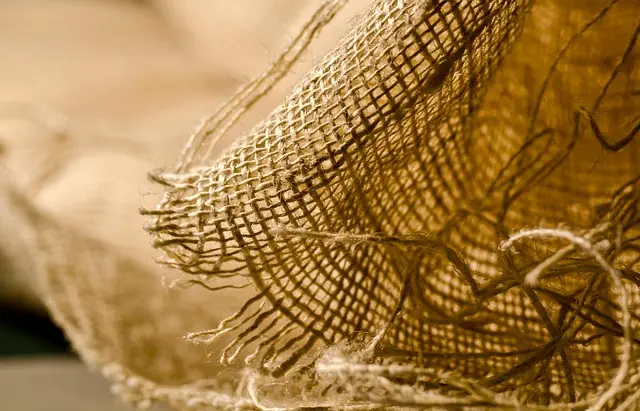Kratom (Mitragyna speciosa), a tropical plant from Southeast Asia, is known for its potential therapeutic benefits, particularly in alleviating muscle soreness caused by exercise. Its active compounds, mitragynine and 7-hydroxymitragynine, interact with opioid receptors to provide analgesic and anti-inflammatory effects. Properly pronouncing "kratom" (kra-tom) as a starting point for discussions on its use in natural muscle soreness relief, available in various forms like powder, capsules, and extracts (e.g., Maeng Da, Red Bali strains), is crucial before considering it as an alternative remedy, especially with varying individual reactions emphasizing the need to consult healthcare professionals first.
Experience muscle soreness relief with the ancient herb kratom. This natural remedy, scientifically known as Mitragyna speciosa, has gained popularity for its potential therapeutic benefits. Learn how to properly pronounce ‘kratom’ and discover its role in alleviating post-workout aches and pains. We’ll delve into the science behind muscle soreness, explore Kratom’s active compounds, and provide practical tips on integrating this herb into your wellness routine.
- What is Kratom and How to Pronounce It?
- Understanding Muscle Soreness and Its Causes
- Exploring Kratom as a Potential Solution for Relieving Muscle Soreness
What is Kratom and How to Pronounce It?

Kratom, scientifically known as Mitragyna speciosa, is a tropical plant native to Southeast Asia, particularly Thailand and Malaysia. It has gained significant attention for its potential therapeutic benefits, including muscle soreness relief. The term ‘kratom’ is pronounced as “kraa-tom” with the emphasis on the first syllable.
The plant’s leaves contain various chemical compounds, most notably mitragynine and 7-hydroxymitragynine, which are believed to interact with opioid receptors in the body, offering analgesic (pain-relieving) effects. When used responsibly, kratom is known for its ability to reduce muscle pain and stiffness, making it a popular alternative remedy for individuals seeking natural solutions for their sore muscles.
Understanding Muscle Soreness and Its Causes

Muscle soreness is a common discomfort experienced by many individuals after physical activity, often described as a muscle ache or strain. It arises from various factors within our bodies during exercise. When we engage in intense workouts, microscopic tears form in muscle fibers, leading to inflammation and subsequent pain. This process is part of our body’s natural repair mechanism, but it can result in persistent soreness if not managed properly.
Kratom, a plant-based compound known for its diverse effects, has gained attention for its potential role in alleviating muscle soreness. Pronounced as “krah-tom,” this natural remedy has been used traditionally and is gaining popularity in modern wellness practices. Some users claim that kratom’s unique properties can help reduce inflammation, ease pain, and speed up recovery after intense physical exertion. Understanding the causes of muscle soreness is a crucial first step before exploring potential relief methods like kratom as a how to pronounce it and its effectiveness may vary from person to person.
Exploring Kratom as a Potential Solution for Relieving Muscle Soreness

Kratom, scientifically known as Mitragyna speciosa, has been used for centuries in Southeast Asia for its medicinal properties. When it comes to muscle soreness relief, kratom is gaining attention as a potential natural solution. The plant’s active compounds interact with opioid receptors in the body, offering analgesic and anti-inflammatory effects that can help alleviate muscle pain and discomfort.
Pronounced as “krah-tom,” this herb is available in various forms, including powder, capsules, and extracts. To explore kratom for muscle soreness relief, one typically starts by choosing a suitable strain known for its pain-relieving properties, such as Maeng Da or Red Bali. It’s important to remember that while kratom shows promise, individual responses may vary, and consulting with a healthcare professional before incorporating it into any wellness routine is essential, especially when dealing with persistent muscle soreness.
Kratom, with its unique properties, offers a natural approach to muscle soreness relief. By understanding both the root causes of muscle soreness and the potential benefits of kratom, individuals can make informed decisions about incorporating this herbal supplement into their wellness routines. When used responsibly and in conjunction with proper hydration and rest, kratom may provide significant alleviation from post-workout aches and pains. Remember, always consult with a healthcare professional before adding any new supplements to your regimen, especially if you have underlying health conditions or are taking medications. Learn how to pronounce ‘kratom’ correctly, and unlock its potential benefits for enhanced muscle recovery today.






